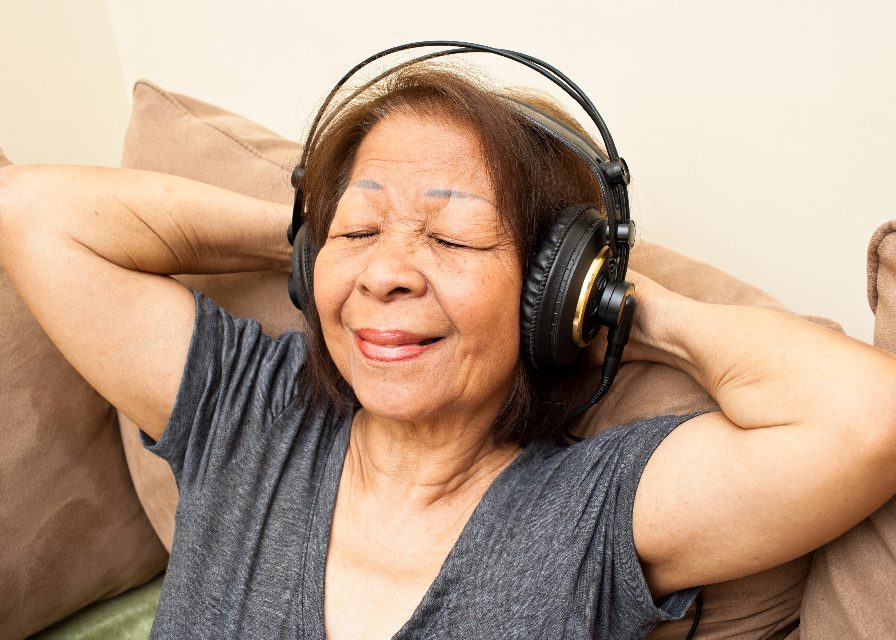The benefits of music to the aging population are innumerable. Certain pieces inspire the mind and boost recollection. The right playlist will aid in mobility and stress relief. For seniors, simply sitting down for their favorite song will add relaxation, stimuli, and an improved memory without taxing the body or the brain.
Music Lessons and Cognitive Function.
Studies have shown that everyone at any age will benefit from studying music. Jennifer Bugos, an assistant professor of music education at the University of South Florida, Tampa, proved that piano instruction has multiple benefits, including improved memory, faster information processing, and even verbal fluency. While these benefits are even higher for those who studied music as children, cognitive function improves for seniors who study at all. These lessons not only strengthen musical dexterity but have a positive impact on our physical capabilities as well.
Rhythms: How the Aging Population Reacts
For those who simply prefer to listen, taking time to appreciate music also has enormous effects. This is true not only for patients with memory loss but with an array of other conditions. After a stroke or flare-up of Parkinson’s, many who have paralysis re-trained their brain by listening to rhythmic cues. Furthermore, Parkinson’s patients have shown greater balance when listening to slow, constant music. Depression in seniors, too, was alleviated when attending music therapy. Not only did their overall outlook improve, but they exhibited higher self-esteem.
Music’s Effect on Memory
Anyone who hears a song from their high school years knows the powerful nostalgia the right song can provide, but this phenomenon has a real and lasting outcome on seniors. In nursing homes, patients with Alzheimer’s become energetic and talkative when hearing songs from their formative years. This remains true even as the disease worsens because what we hear when growing up becomes ingrained in our minds in a way memories don’t in later years. Furthermore, the energy gained from hearing a familiar tune makes Alzheimer’s patients and seniors suffering from a loss in memory more social. All of this leads to more comfort through the aging journey in addition to more joy.
While music is not a cure-all for conditions endured while aging, it is something everyone can do and enjoy. The best thing to do is lead seniors to music lessons that will complement physical activity and give a sense of accomplishment. In their downtime, listening to music they knew as children will ease depression if it exists and improve memory. Music can and should be a central part of the aging process; the effects are an asset for everyone, care-giver and care-receiver alike.




